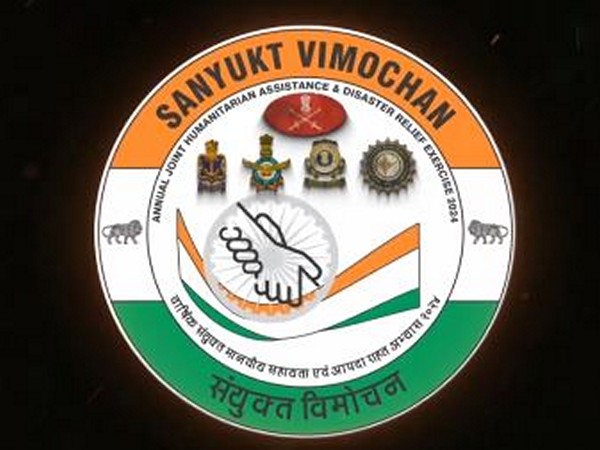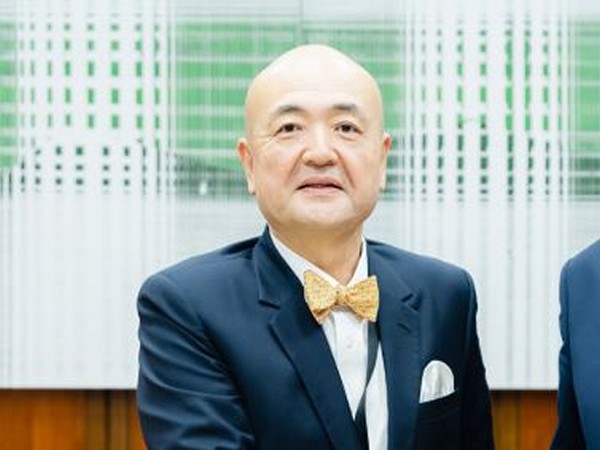New Delhi [India], August 2 (ANI): The much-awaited initial public offering (IPO) of Ola Electric Mobility was subscribed 0.38 times at the end of Day 1. The portion reserved for the retail investors was subscribed 1.7 times, publicly available data showed.
The public issue of Ola opened today and will continue till Tuesday.
The Bengaluru-based Ola Electric, a pure electric vehicle company in India, has fixed the price band of Rs 72 per cent to Rs 76 per share for its IPO.
An initial public offering (IPO) refers to the process of offering shares of a private corporation to the public for the first time.
Investors can bid for a minimum of 195 equity shares and in multiples of 195 equity shares thereafter. The minimum amount required by a retail investor to bid for Ola Electric IPO is Rs 14,820.
The IPO consists of a fresh issue of equity shares aggregating up to Rs 55,000 million (or Rs 5,500 crore) and an offer for sale (OFS) of up to 84,941,997 equity shares. The shares are proposed to be listed on both BSE and NSE.
The offer is being made through the Book Building Process, wherein not less than 75 per cent of the net offer shall be available for allocation to qualified institutional buyers, not more than 15 per cent of the net offer shall be available for allocation to non-institutional bidders and not more than 10 per cent of the net offer shall be available for allocation to retail individual bidders.
Ola Electric is perhaps the first pure EV company in India to hit the stock markets. As part of its risk factors mentioned in its red herring prospectus, it has pointed out that the company has been loss-making and has incurred a loss of Rs 1,584 crore in the financial year 2023-24, Rs 14,72 crore in 2022-23, and Rs 784 crore in 2021-22.
Ola Electric Mobility’s operating history:
Incorporated in 2017, it delivered its first electric vehicle scooter in December 2021. The company has delivered seven products and additionally announced several new products since its first product announcement in August 2021.
They commenced delivery of their first EV model, the Ola S1 Pro, in December 2021. This was followed by the delivery of the Ola S1 in September 2022, the Ola S1 Air in August 2023 and the Ola S1 X+ in December 2023, and the Ola S1 X (2 kWh), the Ola S1 X (3 kWh) and the Ola S1 X (4 kWh) in May 2024.
Having a limited operating history in manufacturing EVs, there is a limited historical basis on which it can make judgments regarding its ability to develop, manufacture, and deliver EVs or their components or our future results of operations, including our ability to achieve profitability in the future, it said in the RHP.
“If we fail to address any or all of the risks and challenges pertaining to EV industry, our business may be materially and adversely affected,” the RHP document read.
The EV maker intends to utilize Rs 16,000 million out of the net proceeds for investment into research and development purposes of the company.
On supply and pricing risk, it said while the company manufactures certain EV components, others are sourced from third-party domestic and foreign suppliers. It indicated that it could be a potential risk.
In fiscals 2024, 2023, and 2022, imported supplies comprised 37.03 per cent, 31.11 per cent and 29.76 per cent of the cost of materials consumed. While domestic supplies comprised 62.97 per cent, 68.89 per cent, and 70.24 per cent of the cost of materials consumed.
“Our Company can experience disruptions in the supply or an increase in prices of components and raw materials, which could result in an increase in the price and impact the delivery timelines,” the RHP read.
It apprised potential investors that it benefits from certain government incentives such as the FAME Phase II subsidies, subsidies from the government of Tamil Nadu, and goods and services tax reimbursements.
“Any reduction or elimination of government incentives such as the Electricity Mobility Promotion Scheme, 2024, Automobile PLI Scheme, Cell PLI Scheme, subsidies from the governments, and GST reimbursement or the ineligibility of any of our electric vehicles for such subsidy would increase the retail price of our electric vehicles and could adversely affect customer demand for our electric vehicles and affect our ability to achieve profitability,” said the RHP.
On risk related to sourcing of raw materials from China, it said the company plans to continue to source raw materials from suppliers in China for the purpose of cell manufacturing.
“We may be exposed to the possibility of product supply disruption and increased costs in the event of changes in the policies, rules, and regulations of the Indian or Chinese government, including as a result of any political tensions, which could result in trade tariffs, increased freight charges or prices of cathode active material and anode active material, or a complete halt on imports from China,” the company of potential risks to the investors ahead of the IPO.
Bhavish Aggarwal is the Founder, Chairman and Managing Director and the Promoter of the company. (ANI)
Disclaimer: This story is auto-generated from a syndicated feed of ANI; only the image & headline may have been reworked by News Services Division of World News Network Inc Ltd and Palghar News and Pune News and World News
HINDI, MARATHI, GUJARATI, TAMIL, TELUGU, BENGALI, KANNADA, ORIYA, PUNJABI, URDU, MALAYALAM
For more details and packages

















